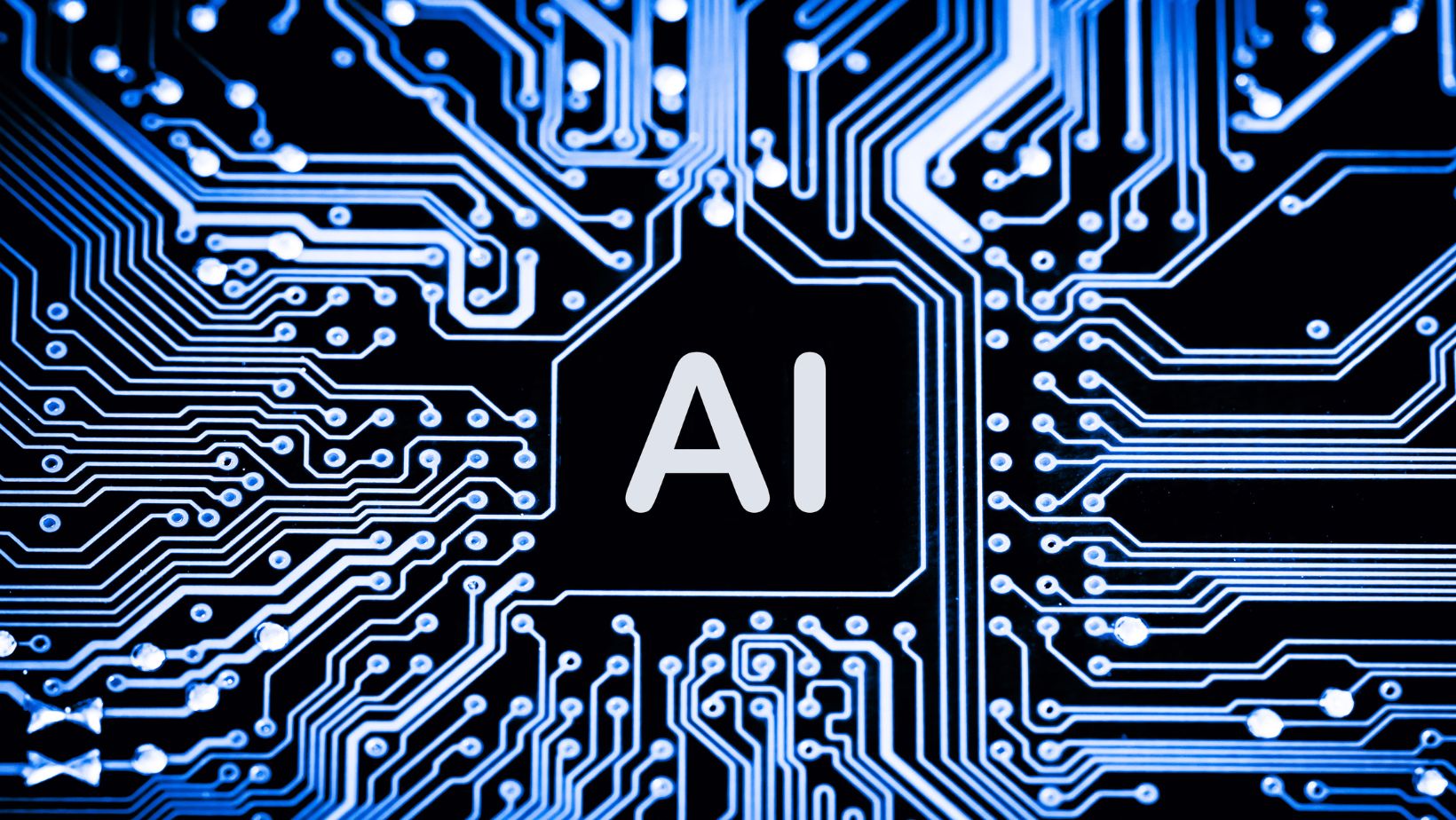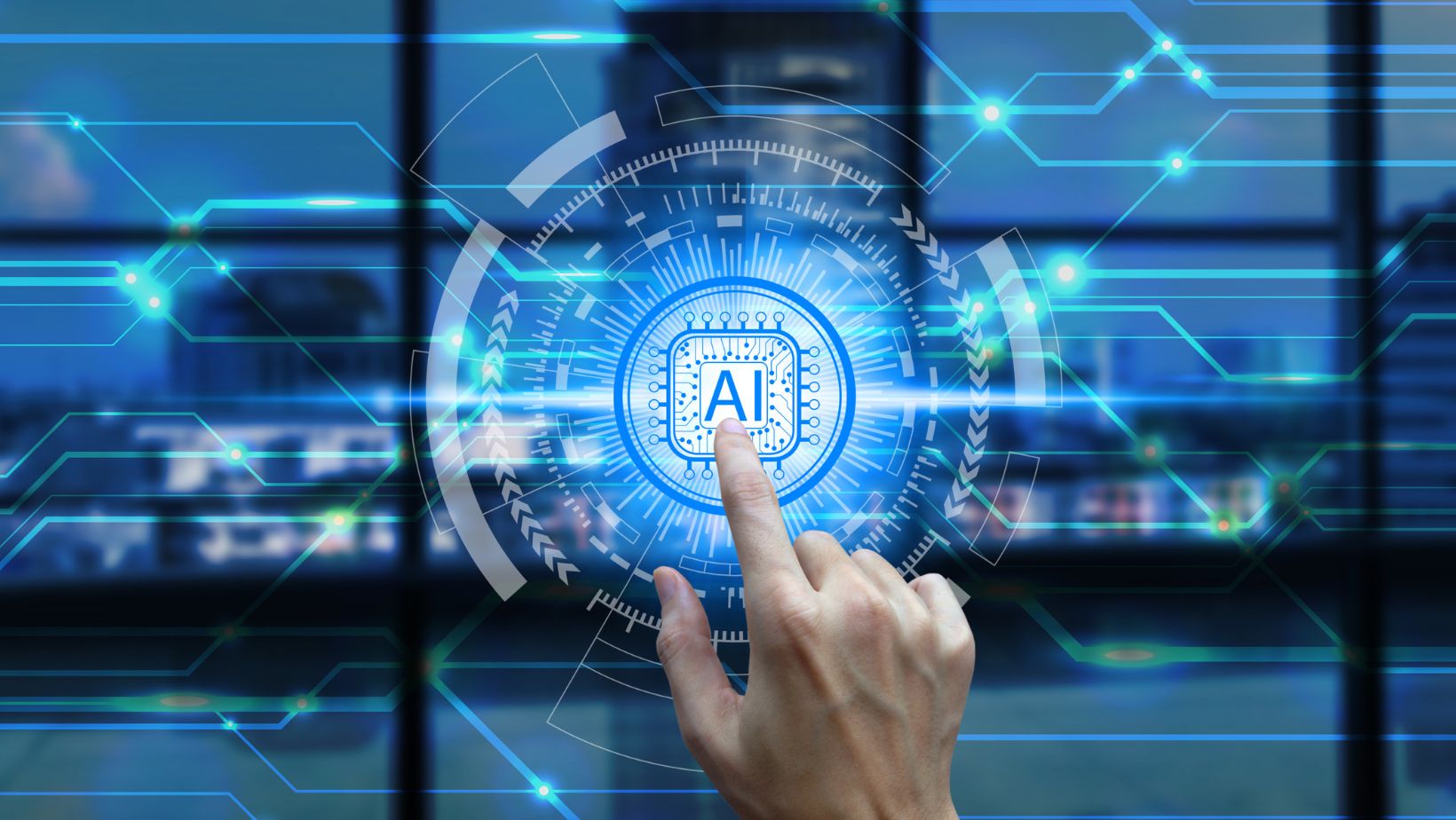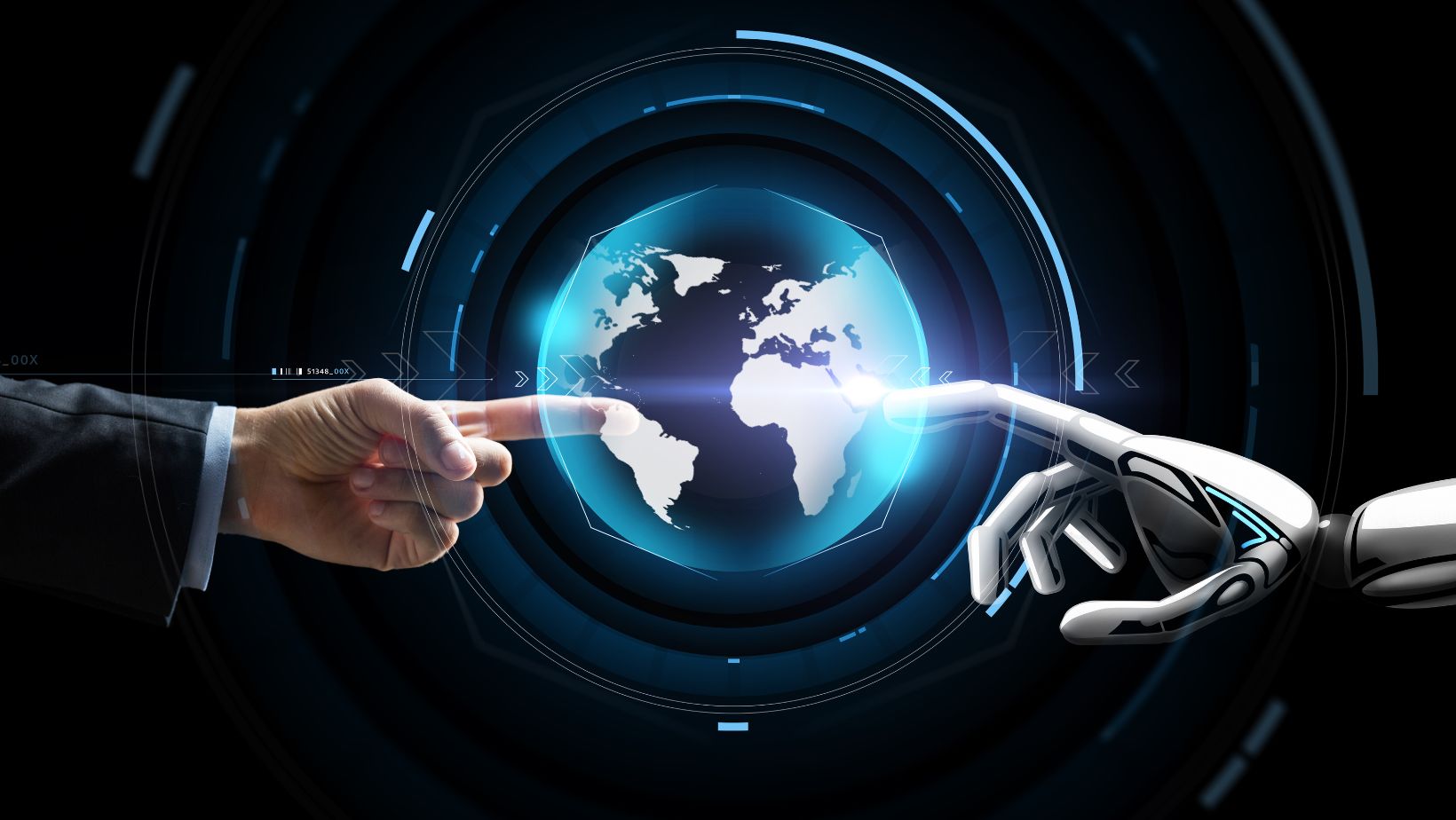Table of Contents
ToggleArtificial intelligence (AI) has made giant leaps in so many industries. Some of the sectors significantly improved by the inclusion of AI include agriculture, healthcare, and manufacturing. However, another industry that has benefited from the arrival of AI is retail.
Businesses in the retail sector have widely accepted the assistance offered by AI, and this advanced technology has now been implemented in various aspects of their operations. While some people might worry about the roles that AI has participated in and whether these roles will cause the need for human workers to decrease, it has improved some retail processes.
In this post, three of the main ways that AI has changed and improved the retail industry will be outlined.
Assists with Inventory Management
Retail businesses must maintain sufficient stock levels, but this can be challenging without the use of advanced technology. In fact, AI technology can combine customer purchase data and supply chain analytics to forecast buying trends, ensure stock alignment, and recognize and remove problems. This assistance will improve customer satisfaction, optimize space for stock, and reduce waste; all the while, profits are boosted.
One of the biggest benefits of using AI in inventory management is related to demand forecasting. AI tools have become more precise in this aspect by gaining information by mining competitor, consumer, and marketplace data. Industry shifts can be predicted, which is also useful during seasonal changes, and then amendments can be made to the company’s strategies.

The assistance AI offers through inventory management will affect pricing as well as the planning of promotions and supply chains.
Customizes the Shopping Experience
Customers often prefer a personalized experience when shopping online, and achieving this can actually benefit the company long-term. A study found that retail companies generated 40% more revenue from customization in comparison to businesses that did not. This shows that customers will actually spend more if the shopping experience has been tailored to each individual, so this should be prioritized.
Using AI can help with this by identifying behaviors, patterns, and preferences from various datasets, such as buyer browsing habits and purchase history. This type of information can help businesses create personalized shopping experiences, which could actively increase brand loyalty. The shopping experience might see tailored emails or SMS messages regularly sent to customers with relevant offers, or engagement could be increased through product placement.
Optimizes Route Planning
Effective route planning is crucial in the retail industry, especially if your business is looking to improve customer satisfaction. This happens through timely deliveries, which are made possible by efficient routes and minimized transportation costs. After all, a lot goes into delivery orders, including miles traveled and fuel used, which will impact the bottom line.

With this in mind, AI can complete intricate algorithms with real-time data to create efficient delivery routes. These routes will limit journey times and lessen the amount of fuel needed, both of which can save the business money. The ability to forecast disruption enables AI to alert retail companies of areas to avoid and conditions, such as harsh weather and traffic patterns, that must be planned for. This information can be planned while considering delivery requirements, vehicle capacity, and more.
AI is changing almost all industries, and retail is included in that. It has become the cause of many changes, as detailed in this post. With artificial intelligence technology assisting with inventory management, customizing the shopping experience, and optimizing route planning, it is clear that the retail sector has a lot to gain from this advancement.
















